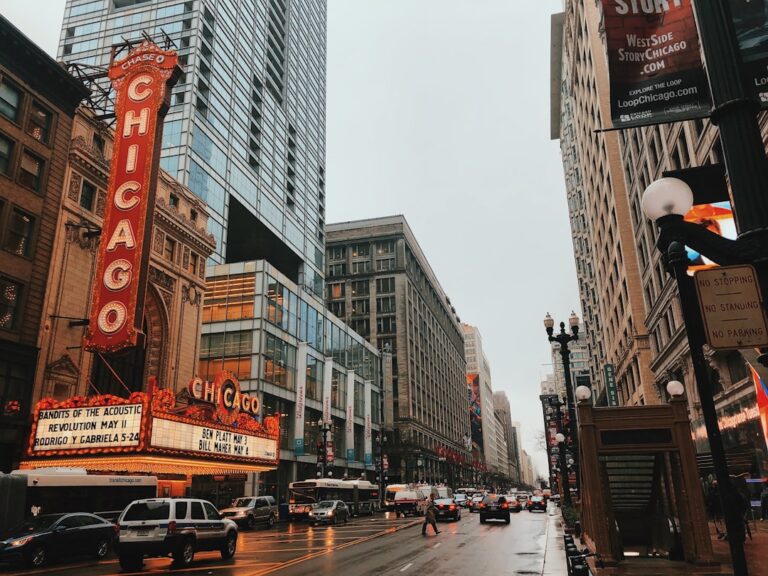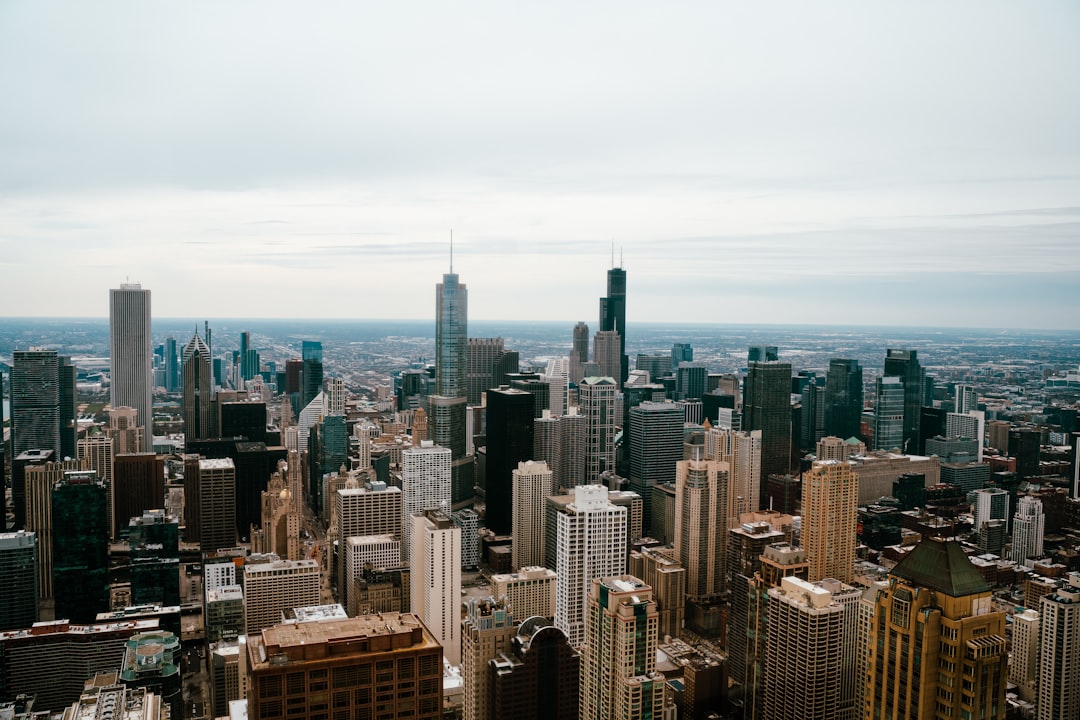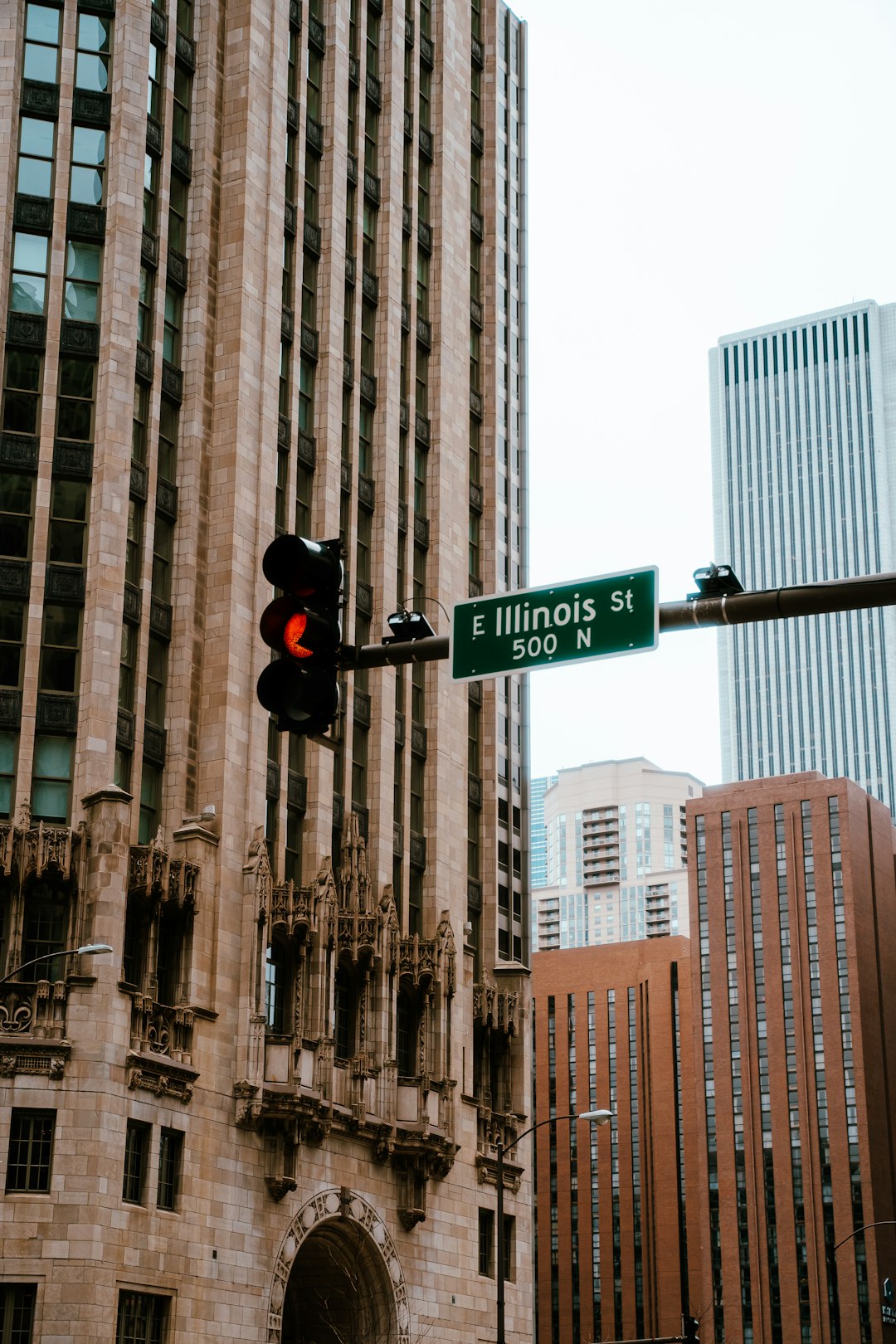Illinois, despite its progressive reputation, is a major hub for sex trafficking due to its central location and vibrant cities like Chicago, with high rates of human trafficking and sexual exploitation. Sexual assault attorneys in Illinois frequently handle cases linked to this crisis, highlighting the need for comprehensive strategies to combat these crimes, support victims, and hold perpetrators accountable, especially targeting vulnerable populations such as young women and those facing economic hardships.
In Illinois, the intersection of sex trafficking and sexual assault presents a complex challenge. This article delves into these pervasive issues, exploring their intertwined nature and the profound impact they have on communities across the state. We analyze recent statistics revealing alarming trends in sex trafficking, identify high-risk areas and vulnerable demographics, and examine Illinois’ legal frameworks addressing these crimes. Furthermore, we highlight the crucial role of sexual assault attorneys in fighting for justice, leveraging legal strategies to bring perpetrators to account and support survivors through resources and advocacy.
The Prevalence of Sex Trafficking in Illinois

Illinois, despite its reputation as a progressive state, grapples with a significant and often hidden issue: sex trafficking. According to various reports and studies, Illinois ranks among the states with relatively high rates of human trafficking, including sexual exploitation. The state’s central location and bustling cities like Chicago make it an attractive hub for traffickers, leading to a complex web of exploitation that affects countless individuals.
Sexual assault attorneys in Illinois often encounter cases linked to sex trafficking, highlighting the deep-rooted nature of this problem. The victims, mostly women and girls but also men and boys, are subjected to forced sexual acts under threat or coercion. Many fall into the trap due to poverty, lack of education, or promising opportunities that never materialize. Understanding the connection between sex trafficking and sexual assault is crucial in addressing these crimes effectively, ensuring justice for victims, and holding perpetrators accountable.
– Statistics and trends in sex trafficking within the state

Illinois, a state with a diverse landscape and bustling cities like Chicago, unfortunately faces a significant challenge in the form of sex trafficking. Recent statistics reveal a disturbing trend; according to the National Human Trafficking Hotline, Illinois reported some of the highest numbers of human trafficking cases in the nation, with many involving sexual exploitation. The state’s position as a major transportation hub and its close proximity to borders contribute to this issue.
The problem is further exacerbated by the fact that Illinois also has a high rate of sexual assault cases. This correlation between sex trafficking and sexual assault has prompted increased attention from legal experts, particularly those specializing in sexual assault attorneys Illinois. They emphasize the need for comprehensive strategies to combat these crimes, including stricter laws, better victim support services, and heightened public awareness campaigns.
– High-risk areas and demographics affected

In Illinois, sex trafficking and sexual assault disproportionately affect certain high-risk areas and demographics. Urban centers, such as Chicago, often serve as hotspots for these crimes due to their dense populations, bustling nightlife, and elevated economic disparities. Young women and individuals facing economic hardships are particularly vulnerable in these settings. According to reports, many survivors of sexual assault in Illinois are between the ages of 18 and 24, with a significant number being involved in the sex trade. This intersectional issue is further compounded by factors like substance abuse, lack of access to education or employment opportunities, and limited support systems, making it crucial for sexual assault attorneys Illinois to advocate for these marginalized communities.



